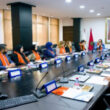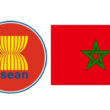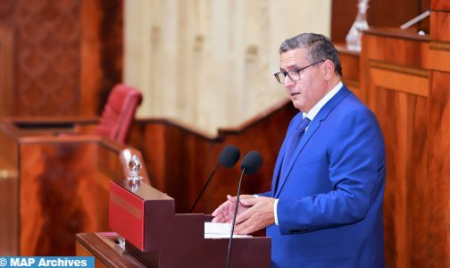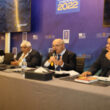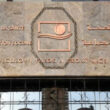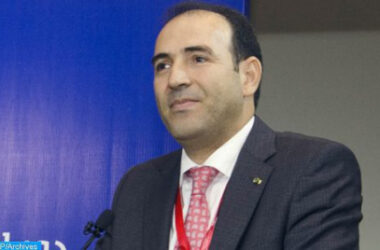Responding to a question at the House of Advisors, during the monthly session devoted to the discussion of public policies, focused on the theme “social dialogue, enshrinement of the concept of social equity and mechanism for achieving economic development,” Akhannouch said that the government has managed to structure and implement a modern model of social dialogue, stressing the positive involvement and efforts made by trade unions and professional organizations of employers in this regard.
He added that the government has worked responsibly to overcome the shortcomings that characterized previous experiences of social dialogue, including the lack of a regular and sustainable pace, the absence of clarity of the methodology followed and the various problems related to the weak capacity to implement commitments and agreements.
Referring to the government program and commitments arising from it, Akhannouch said that the signing on April 30 of the national charter of social dialogue attests to the strength of relations between the government and all its social and professional partners, and this far from approaches of seasonality or political calculations, and thus reflects the willingness of this government to engage in a deep and serious reform of various priority issues.
The provisions of this charter, he added, is a “national precedent” that has given substance to the Moroccan model of social dialogue, and this through the establishment of a framework based on the concept of the social year as a tool to enable the parties to the dialogue to monitor the progress of the implementation of agreements reached, as well as to further promote the governance of social dialogue.


